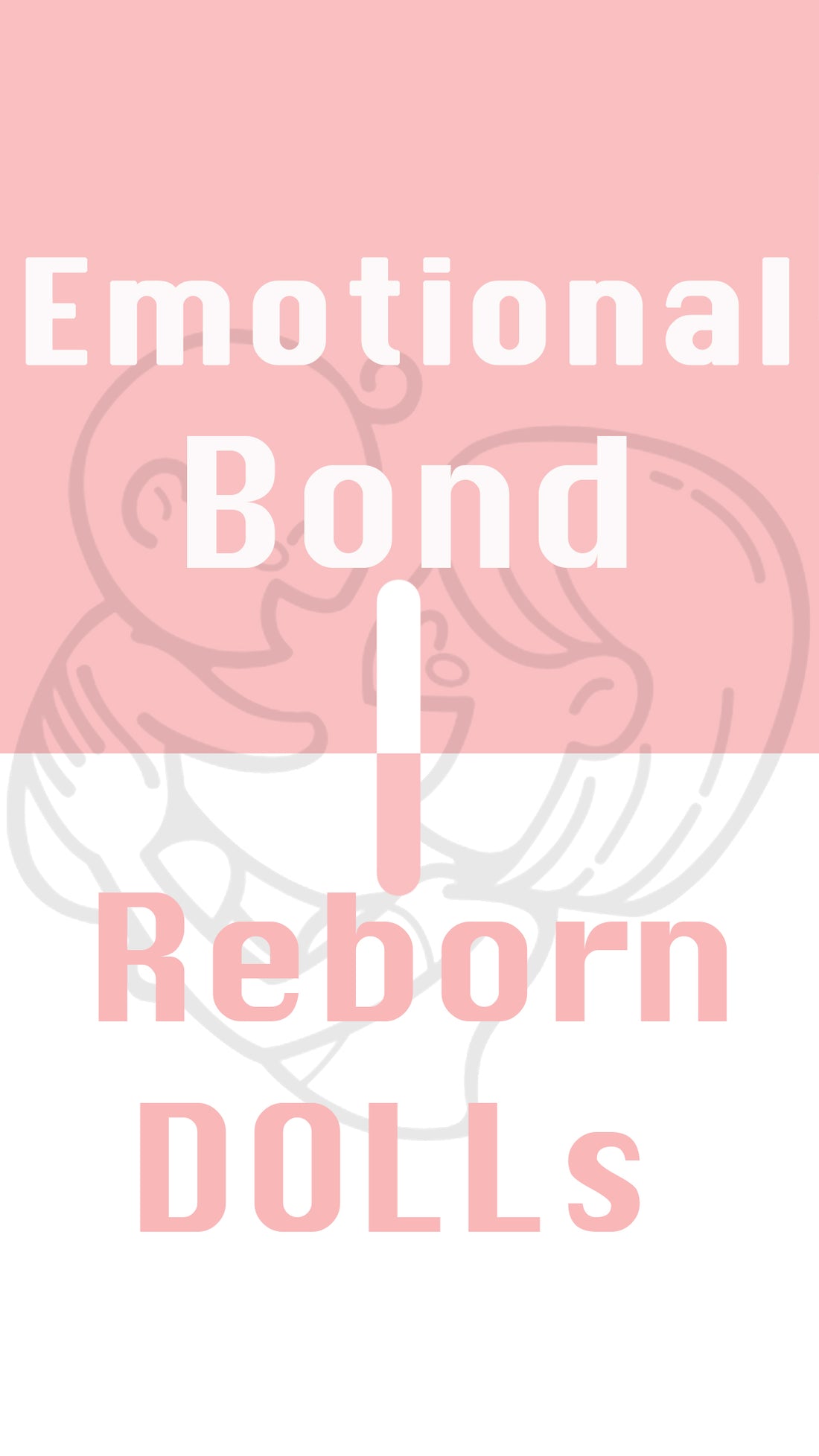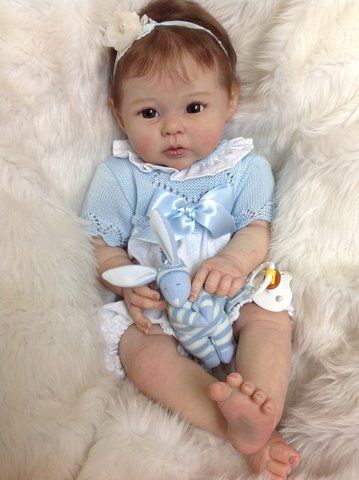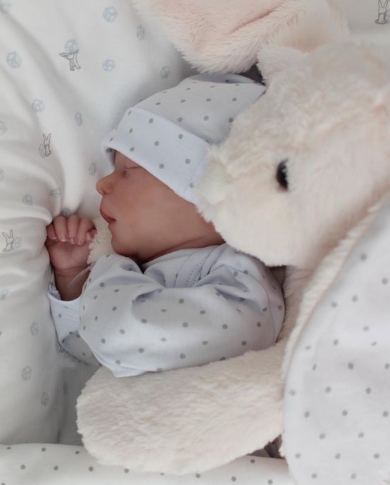reborn dolls Emotional bond
Many reborn owners are simply doll collectors or kids toys , while others have experienced miscarriage, stillbirth or neonatal death, have no means for adoption, or suffer from empty nest syndrome.
They may utilize the dolls as a substitute for a child. Some owners dress the dolls, wash their hair, and may even take them for walks in strollers and take them shopping.Reborn hobbyists refer to the emotional response to holding their dolls as cuddle therapy.Studies suggest cuddling a baby releases hormones which produce a sense of emotional well-being, and some psychologists believe that this may happen with realistic dolls as well.
Consultant psychiatrist explains that mothering a real newborn baby releases the hormone oxytocin in the mother, and hypothesizes that this may explain why "reborn mothers" become emotionally attached to the reborn baby doll.
a doctor at the Centre for the Health of the Elderly at Newcastle General Hospital in the U.K., said that holding the dolls helps calm elderly residents, helping them feel peaceful and quiet.
Empty nest syndrome:
Empty nest syndrome is a feeling of grief and loneliness parents may feel when their children leave home for the first time, such as to live on their own or to attend a college or university. It is not a clinical condition.
Since young adults moving out from their families' house is generally a normal and healthy event, the symptoms of empty nest syndrome often go unrecognized. This can result in depression and a loss of purpose for parents, since the departure of their children from "the nest" leads to adjustments in parents' lives. Empty nest syndrome is especially common in full-time mothers.
Symptoms and effects
All parents are susceptible to empty nest syndrome, although some factors can create a predisposition to it. Such factors include an unstable or unsatisfactory marriage, a sense of self based primarily on identity as a parent, or difficulty accepting change in general. Full-time parents (stay-at-home mothers or fathers) may be especially vulnerable to empty nest syndrome. Adults who are also dealing with other stressful life events such as the death of a spouse, moving away or retirement are also more likely to experience the syndrome.
Symptoms of empty nest syndrome can include depression, a sense of loss of purpose, feelings of rejection, or worry, stress, and anxiety over the child's welfare. Parents who experience empty nest syndrome often question whether or not they have prepared adequately for their child to live independently.
Coping
One of the easiest ways for parents to cope with empty nest syndrome is to keep in contact with their children. Technological developments such as cell phones, text messaging, and the internet all allow for increased communication between parents and their children. Parents going through empty nest syndrome can ease their stress by pursuing their own hobbies and interests in their increased spare time. Discussing their grief with each other, friends, families, or professionals may help them. Experts have advised that overwhelmed parents keep a journal, or go back to work if they were full-time parents.
It is important for an empty nester to realize that what they are feeling is normal. It is normal to feel some loss in self when becoming an empty nester. But it is important to replace the meaningful experience of parenting with other meaningful experiences. What can help to find meaningful experiences is to make a list of roles that a person has fulfilled in their life and then seek roles that can be expanded on to add meaning in life.







